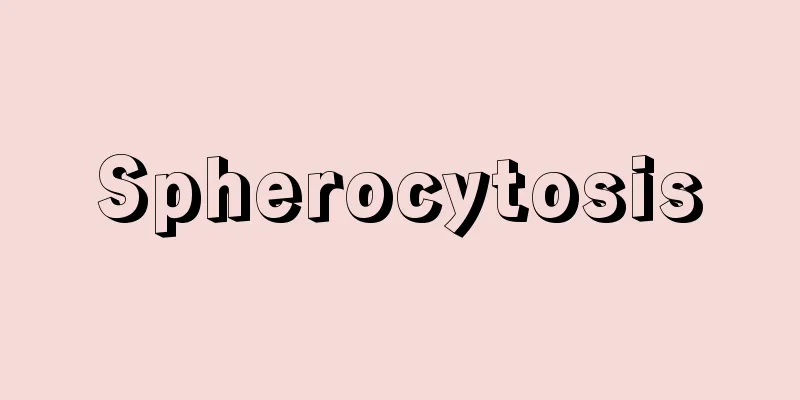What are rectal polyps?

|
Rectal polyps are a type of benign rectal tumor, which usually appear as a single tumor, but in a few cases appear as multiple tumors. Rectal polyps are relatively common in clinical practice and can be cured with timely treatment. There are many causes of rectal polyps. Learn more about the specific causes below. 1. Inflammatory irritation: Long-term chronic inflammation of the rectal mucosa can cause polypoid granulomas on the intestinal mucosa. Because of long-term inflammation of the rectum, there is still an edematous and congested mucosal area in the center of the ulcer surface. Scars are formed after the surrounding ulcers heal and gradually shrink, causing the remaining mucosa to bulge and the surface to appear polyp-like; or the ulcer causes granulation tissue to protrude and then grow adjacent to the mucosa, covering it to form a polyp. This pathological change is more common in inflammatory polyps. 2. Gene mutation and genetic factors: Current research at home and abroad shows that the formation of adenomatous polyps is closely related to gene mutation and genetic factors. For example, the adenomatous polyposis coli gene (APC) is a tumor suppressor gene. Gene mutations can cause familial adenomatous polyposis lesions and colon and rectal cancer. 3. Dietary factors: More than 40% fat in the diet is an important factor in the formation of colorectal polyps. If fat intake does not exceed 15% of the diet, the incidence of colorectal polyps is lower. A high-fat diet can increase bile acid in the colon and rectum. 4. The causes of rectal polyps are complex, and their onset may be related to the following factors. For example, familial adenomatous polyposis is inherited by autosomal dominant traits, and patients often have a family history of the disease. Traditional Chinese medicine regards genetic factors as one of the factors transmitted by the fetus, and genetic factors are related to innate endowment. Genetic factors affect the occurrence of diseases in two ways. First, genetic factors affect the type of constitution. Different types of constitutions have different susceptibility and tolerance to external evils in the acquired world, so the occurrence of diseases is also different. Second, in the process of human inheritance, certain diseases that occur in parents are also inherited by their offspring accordingly. Some polyps can be caused by bacteria, parasites, etc. infecting the rectal mucosa, and polyps are caused by the proliferation of intestinal inflammatory lesions, such as intestinal tuberculosis, intestinal schistosomiasis, ulcerative colitis, etc. |
<<: What are the best treatments for ingrown toenails?
>>: What to do if you have a big nose?
Recommend
How much does it cost to have surgery for an ovarian tumor?
Ovarian tumors are a common malignant tumor in wo...
What is the reason for the pain below the knee
Many people experience pain in their feet and bel...
How much is the cost of nasopharyngeal carcinoma nasoscopy examination
The current social environment has caused our cha...
Redness next to the nose
Although skin diseases are less likely to occur a...
What should I do if I drink expired milk?
Do not consume expired milk, as it will cause gre...
What stir-fried dishes can I eat during confinement
During the confinement period, you should eat som...
How long does it take to know each other before having sex without feeling embarrassed?
How long should couples talk about sex without fe...
A fracture can be fully recovered in a few months
The recovery time for different fracture sites is...
How to remove the hot pot smell from hair without washing it
Have you ever gone to a hot pot restaurant and ca...
What foods can easily cause diarrhea?
In daily life, we cannot ignore healthy eating, a...
Is ginger a photosensitive food? The efficacy of ginger
Ginger is a common food in our daily life. It is ...
The effect of triple burner detoxification
The "triple energizer" is one of the th...
What foods are highest in fat?
If we want to maintain our figure better, we must...
Is there any dietary treatment for nasopharyngeal cancer?
Most patients can be cured as soon as possible th...
How long can you live with conservative treatment of mid- to late-stage rectal cancer?
How long can you live with conservative treatment...









